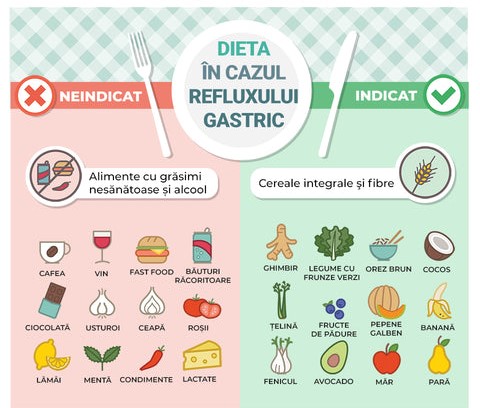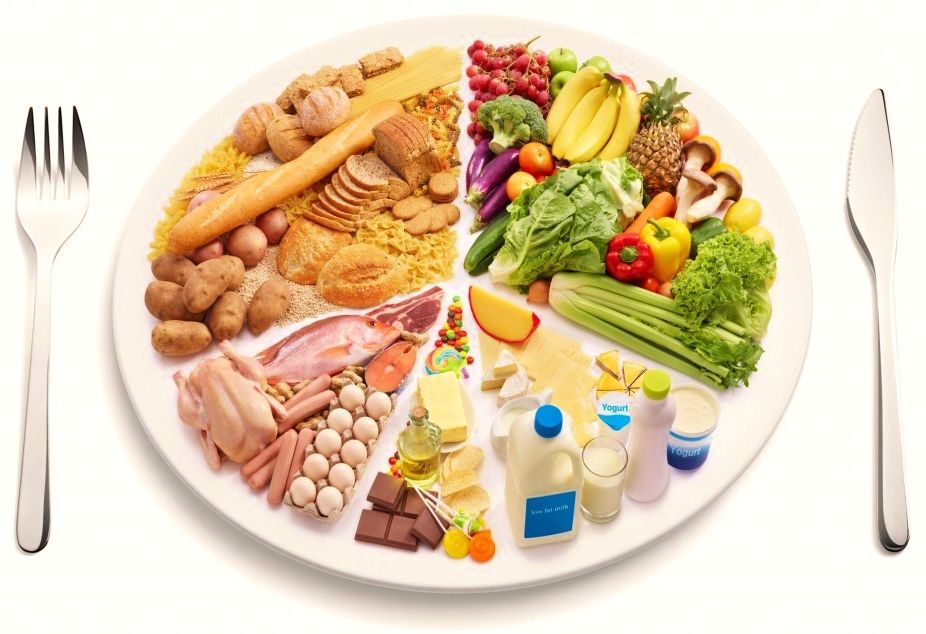Gastritis is a condition where the stomach lining becomes inflamed, often causing discomfort, pain, bloating, nausea, and indigestion. While medications can help manage symptoms and heal the stomach lining, diet plays a crucial role in preventing flare-ups and promoting recovery.
Knowing what to eat—and what to avoid—can make a significant difference in how you feel. In this post, we’ll break down the best and worst foods for people living with gastritis.
Understanding Gastritis and Its Triggers
Gastritis can be caused by a variety of factors, including:
- Helicobacter pylori (H. pylori) bacterial infection
- Prolonged use of NSAIDs (like ibuprofen or aspirin)
- Excessive alcohol consumption
- Smoking
- Stress
- Autoimmune conditions
Whatever the cause, reducing irritation to the stomach lining is key—and that starts with what you put on your plate.
Foods to Eat on a Gastritis-Friendly Diet
1. Low-Acid Fruits
Fruits are packed with vitamins, but some are gentler on the stomach than others.
- Best choices: Bananas, melons, apples (peeled), papayas, and pears
- Benefits: These fruits are low in acid and help soothe the stomach lining.
2. Vegetables
Cooked or steamed vegetables are easier to digest than raw ones.
- Good options: Carrots, broccoli, zucchini, spinach, potatoes, beets
- Tip: Avoid frying and use gentle cooking methods like boiling or steaming.
3. Lean Proteins
Protein is essential for healing, but fatty meats can trigger symptoms.
- Recommended: Skinless chicken, turkey, lean fish (like cod or salmon), tofu, eggs
- Avoid: Fried or heavily seasoned meats
4. Whole Grains
Complex carbohydrates are easier on the stomach and help provide energy.
- Great picks: Oatmeal, brown rice, whole wheat pasta, quinoa
- Avoid: Spicy sauces, butter-heavy toppings
5. Low-Fat Dairy or Dairy Alternatives
Some people with gastritis are sensitive to full-fat or regular dairy.
- Try: Low-fat yogurt, almond milk, lactose-free milk
- Avoid: Full-fat cream, cheese, and sugary dairy products
6. Herbal Teas
Many herbal teas have anti-inflammatory properties and aid digestion.
- Soothing options: Chamomile tea, ginger tea, licorice root tea
- Caution: Avoid caffeine-containing teas and peppermint, which can worsen reflux
Foods to Avoid with Gastritis
1. Spicy Foods
Chili peppers, hot sauces, and spicy seasonings can irritate the stomach lining.
2. Acidic Foods
These can exacerbate inflammation and cause discomfort.
- Examples: Citrus fruits (oranges, lemons), tomatoes, vinegar, and tomato-based sauces
3. Fried and Fatty Foods
These slow digestion and increase stomach acid production.
- Avoid: French fries, fried chicken, processed snacks, and fatty cuts of meat
4. Alcohol and Caffeinated Drinks
Both alcohol and caffeine stimulate acid production and irritate the gut.
- Cut out: Coffee, black tea, soda, energy drinks, wine, and beer
5. Carbonated Beverages
Bubbles can cause bloating and put pressure on the stomach, worsening symptoms.
6. Processed and Refined Foods
These often contain additives, preservatives, and high levels of sugar or fat.
- Watch out for: Packaged snacks, baked goods, instant noodles, and frozen meals
Bonus Tips for Managing Gastritis with Diet
- Eat smaller meals: Frequent, small meals are easier on the stomach than large, heavy ones.
- Chew thoroughly: Helps ease digestion and reduce strain on the stomach.
- Avoid eating late at night: Allow time for your stomach to digest before bed.
- Stay hydrated: Drink water throughout the day to help flush out irritants.
When to See a Doctor
While dietary changes can greatly reduce gastritis symptoms, it’s important to consult a healthcare professional if:
- Symptoms persist despite dietary adjustments
- You experience unexplained weight loss or vomiting
- You see blood in your stool or vomit
- You suspect an H. pylori infection

A gastritis-friendly diet doesn’t have to be bland or boring. With the right foods and some thoughtful planning, you can enjoy meals that support healing and prevent discomfort. Your stomach will thank you!
Have you made dietary changes for gastritis?
Share your go-to meals or tips in the comments below!

